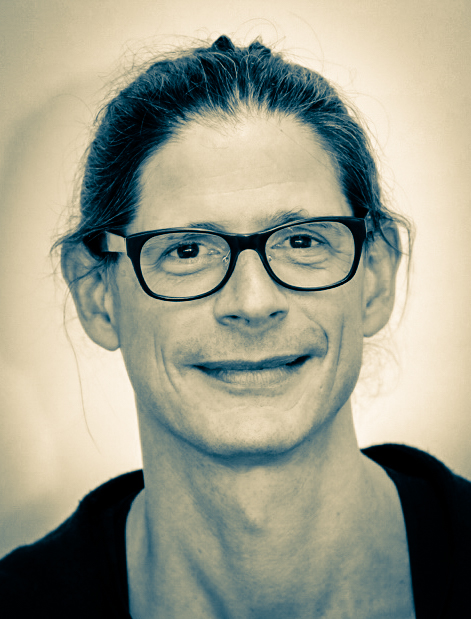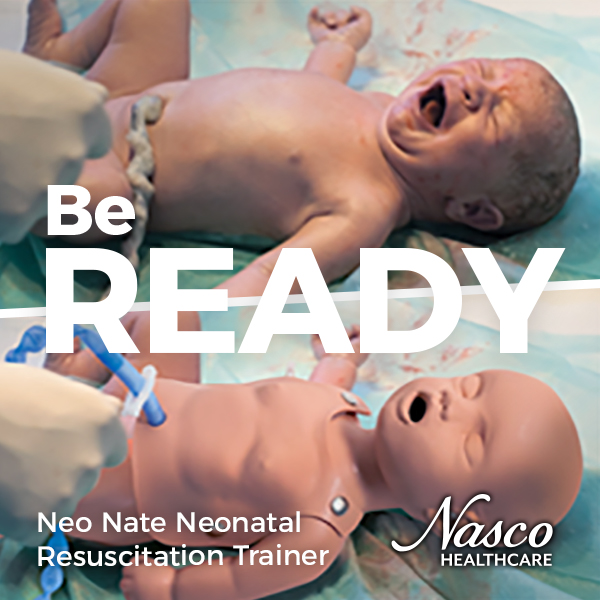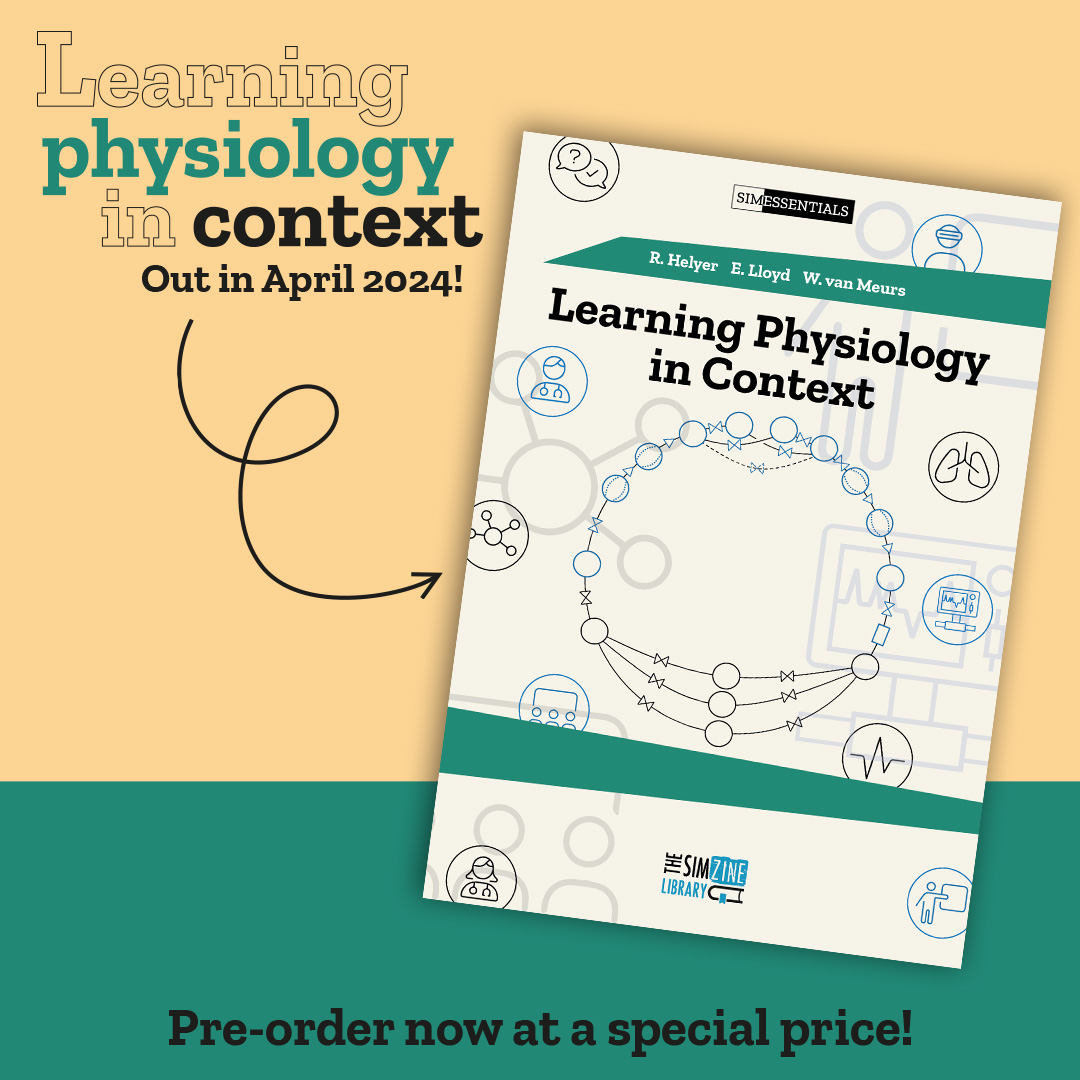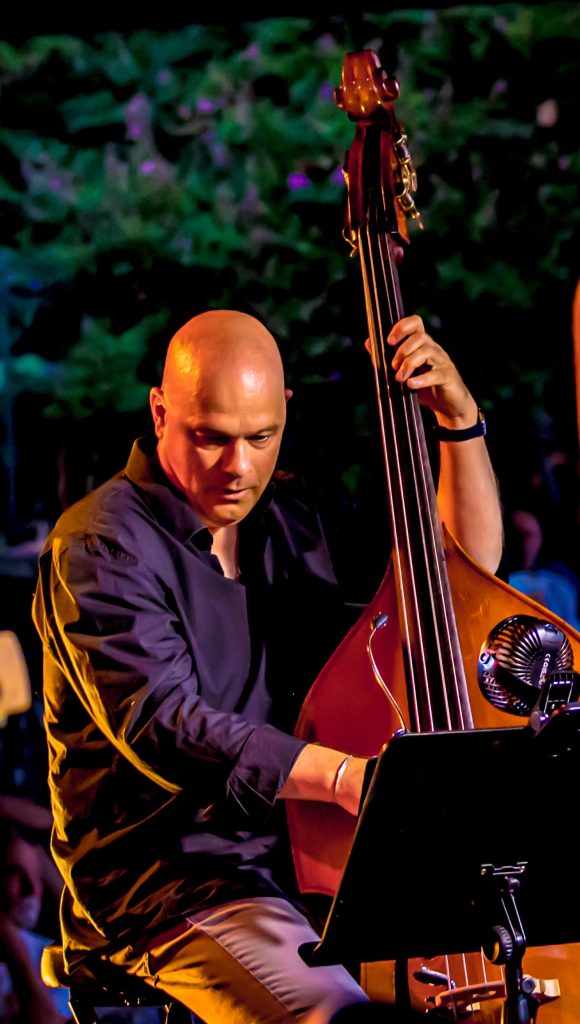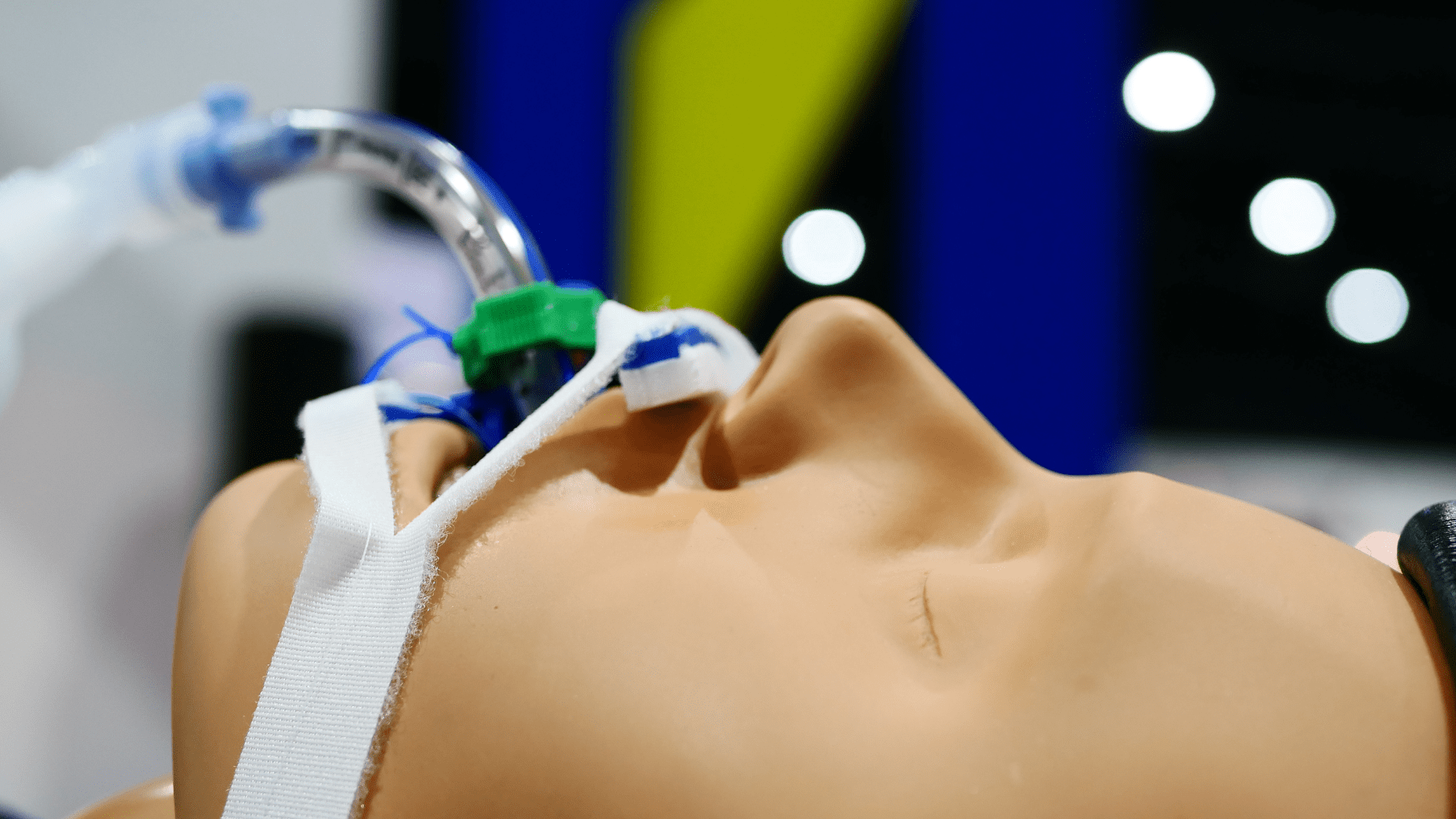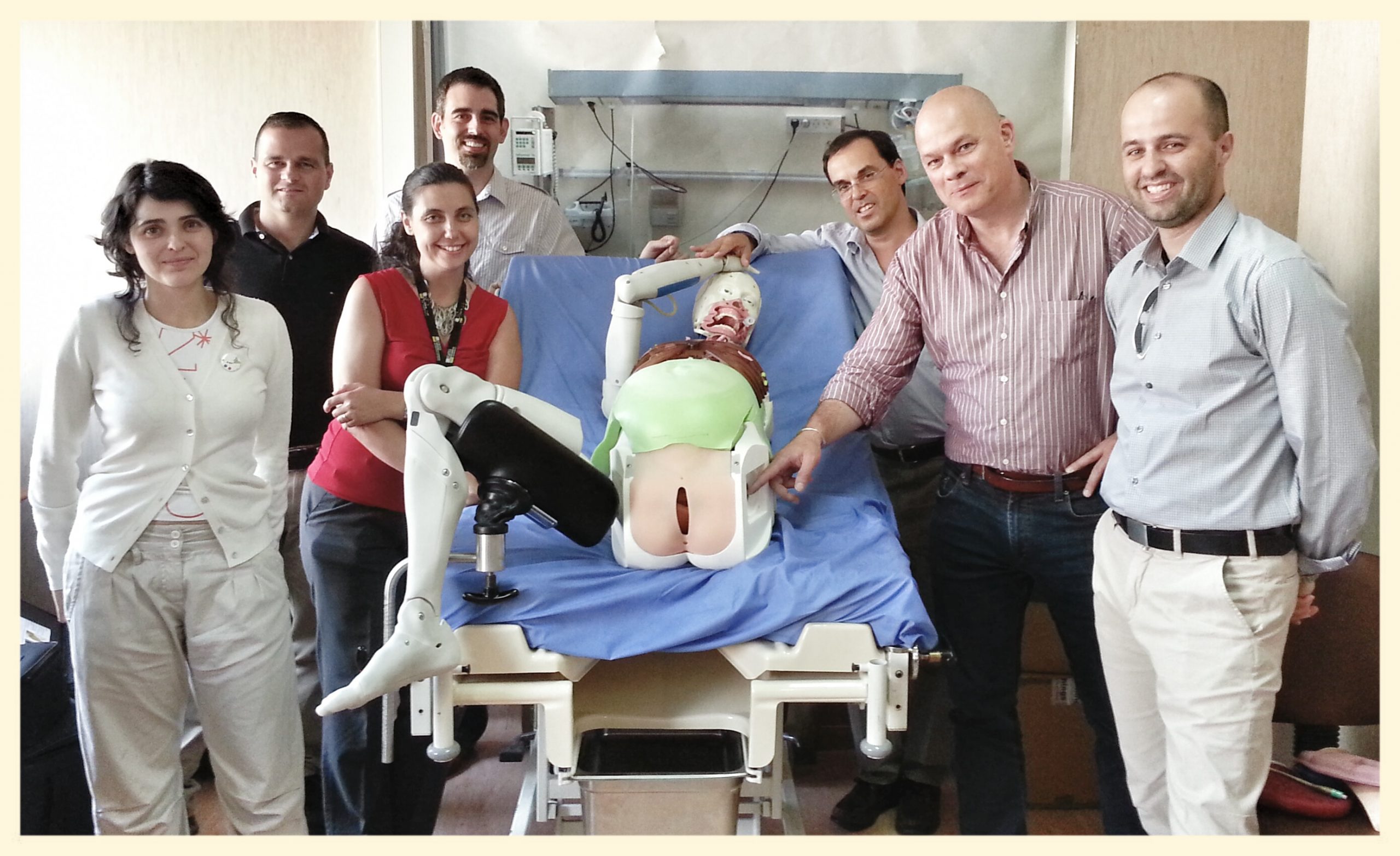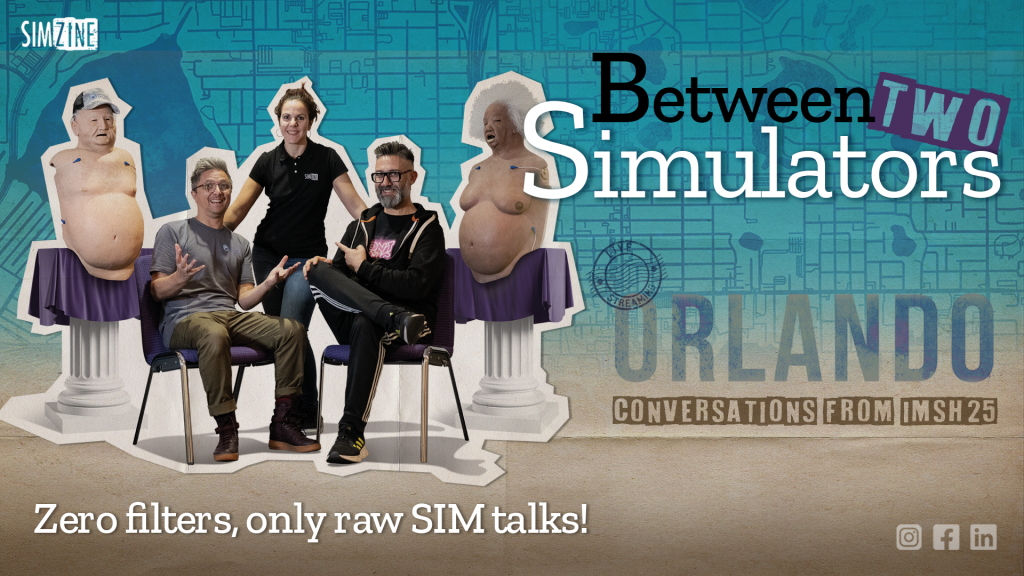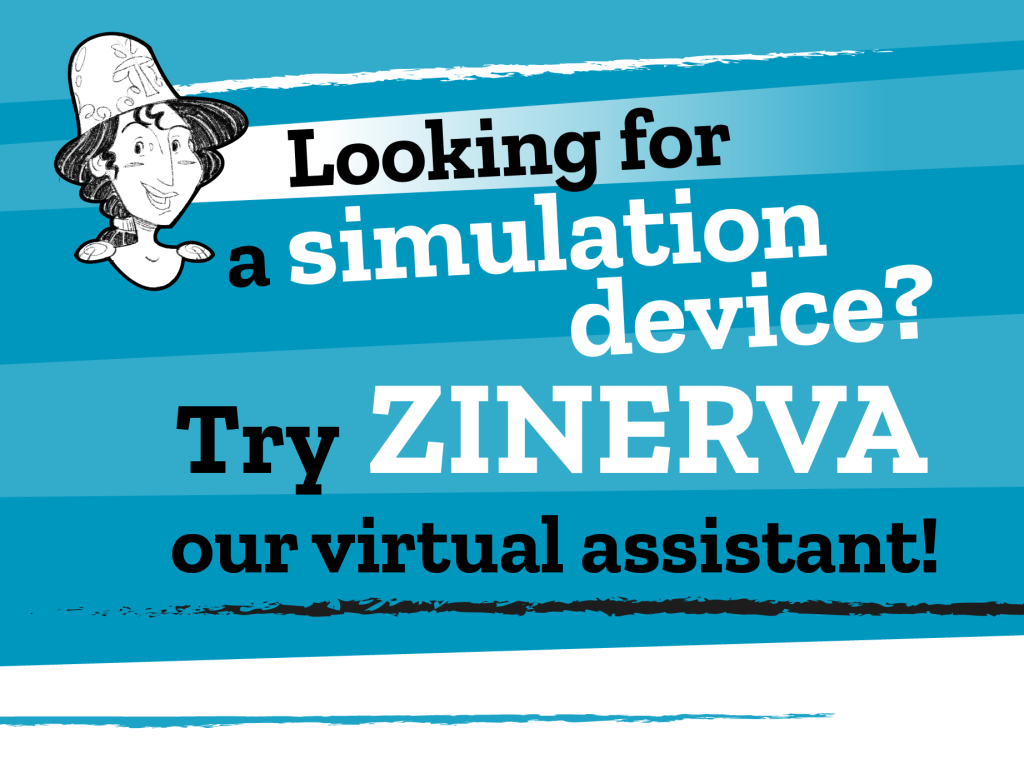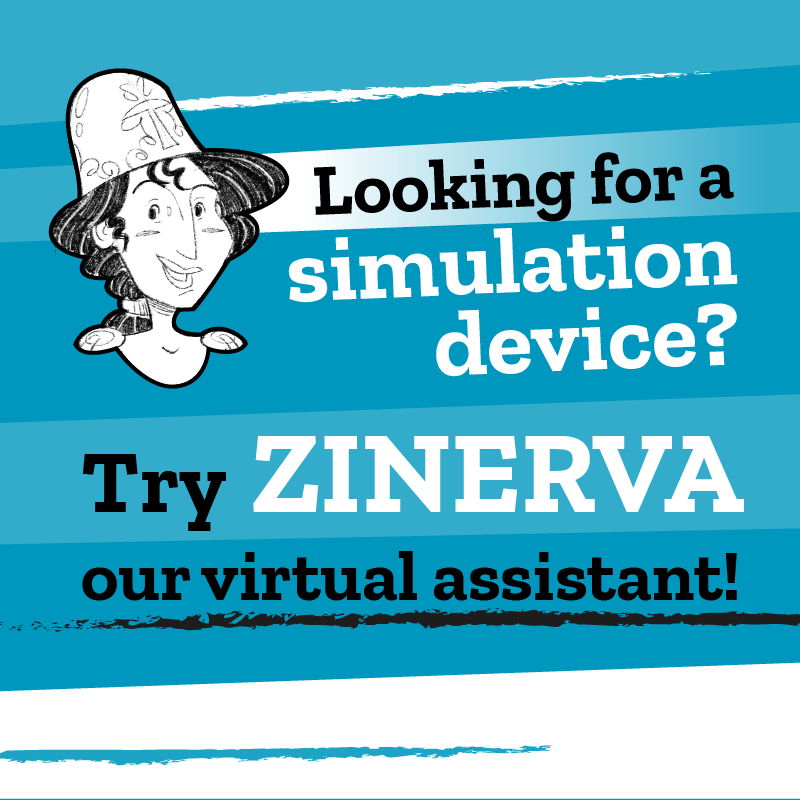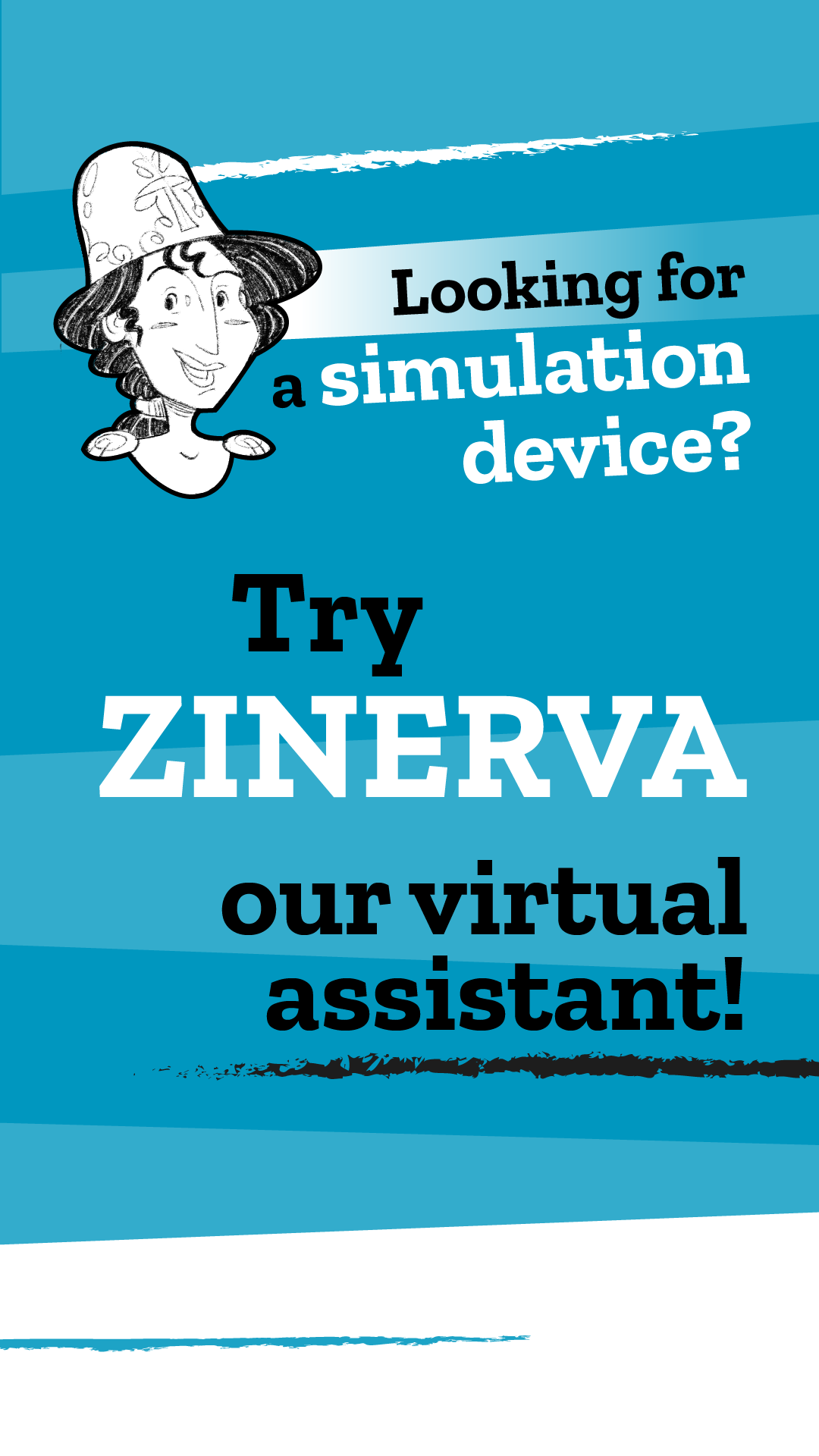We reached out to speak to Peter and discussed how he began his career, his passion for simulation and something no one knows about him.
At 12.03 p.m. in Los Angeles last January, Peter Diekmann was stepping into the stage of IMSH 2022 at an extraordinary calm and relaxed pace. He was about to close as keynote speaker at the biggest symposium about simulation in healthcare after two years of social distancing due to the Pandemia. This is another proof of evidence he’s been inducted in the “hall of fame” of researchers who are influencing the practice of simulation worldwide.
We asked Peter 10 “get-to-know-you” + 1 questions to know him better.
His modesty about his talent paired with his curiosity about simulation make him uniquely charming. Simply fantastic is one way to describe why he always dresses black.
Peter: Thank you for the kind intro!
SZ: Thanks for accepting our invitation to open this new column, the SIMface. You’ve had a rich and long career in simulation. Can you tell us what is so fascinating about simulation?
Peter: It never gets boring – there is so much to explore, when it is about getting healthcare professionals to play with dolls and then to help them experience that they can generate very serious learning from this. Learning to keep patients safe, to optimize work processes, and also to stay healthy themselves, while doing so. Simulation offers so many opportunities, is used in so many different settings and formats that the combination seems endless. You can also bring in many ideas from different art forms, theatre, the performing arts, film – and many more. So, there is still lots to explore after all those years.
- SZ: How did you come to the simulation in healthcare?
Peter: Accidentally – walking down the hallway of my university, I saw a sign that my later Mentor, Dr. Klaus Mehl, was looking for subjects in an experiment on flight simulation. So, I learned to fly a very simple simulator into Hamburg Fuhlsbüttel, 1-5 left, instrument landing approach. I was hooked immediately with the idea of simulation and then got the offer to write my diploma thesis on simulation in different domains: flight simulators, ship simulators, simulators for nuclear power plants, truck driving simulators, and patient simulators. Then I was hooked even more. One thing led to the other, one contact to the other and I ended up in the research group of Prof. Theo Wehner and Prof. Tanja Manser at the ETH in Zürich. I had my actual work place in Tübingen, working with Dr. Marcus Rall. And the longer I worked with simulation, the more fascinating it became. I started in 1999.
- SZ: When did you first call yourself a researcher?
Peter: Uff – not sure, I am entitled to that title even now…well, I guess….I think actually related to my diploma thesis and then the PhD – somewhen between 2000 and 2004, I guess.
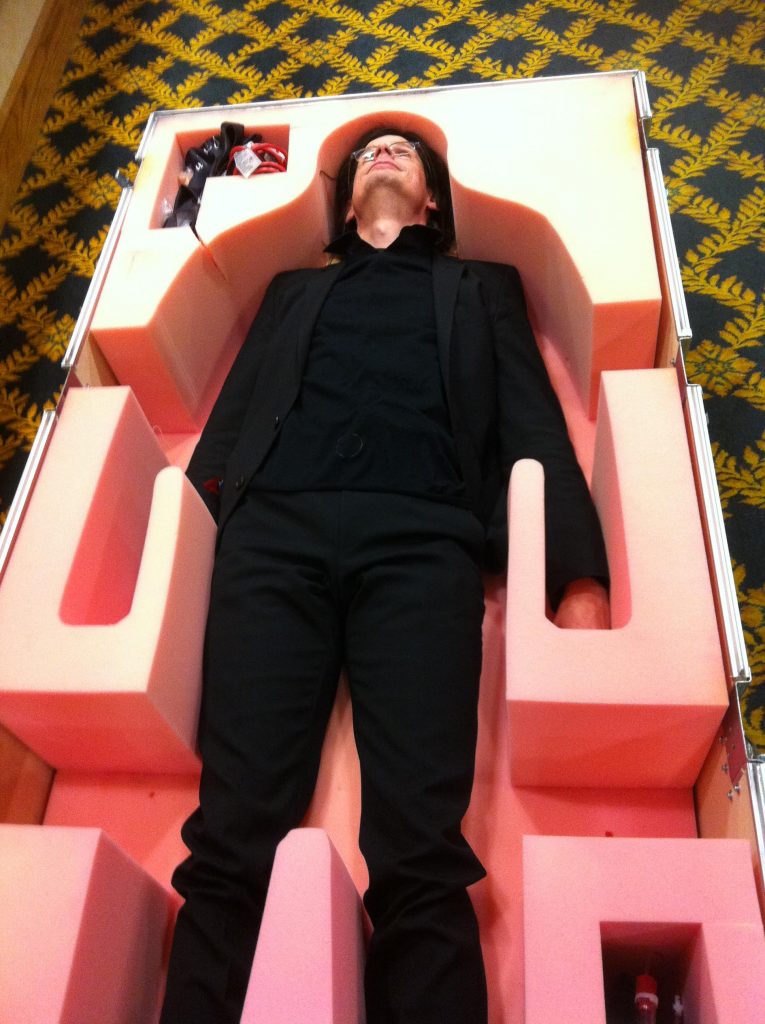
- SZ:How do you fuel the motivation that leads to improving?
Peter:I am simply super curious about simulation and love to every once in a while go back to some of the very basic assumptions in our field and question them. Then I always find something that is so exciting that I go on. Also, I have the feeling we are doing something meaningful, working for patients and healthcare professionals. We have the responsibility to get better and better – the best, we can ever be.
- SZ: How do you use social media as a researcher? And what is most important: the Impact or the Influence?
Peter: Not as systematic as I should/could do. I post some things that I find interesting. Often links to our own stuff, at times to others’ work, at times a bit political issues, and very seldom a bit of a private glimpse. I am not sure what is more important…
- SZ:What was the last article you read? What did it teach you?
Peter: That was actually a draft for a paper that looked at involving more professions into incident reporting and I found this idea great. I think we should link the science of safety more closely to simulation practice and theory.
- SZ: You have already achieved a lot of results, so do you have any advice for your older self?
Peter: Remember, there is a world out there. People who care. Don’t forget them.
- SZ:What was your worst-performing story? What did you learn from it?
Peter: Good question. Two participants in a conflict with each. Me thinking: hej, I am a psychologist, let me help you and only moments later, they both – I guess rightfully – attacked me… I learned from this to take it slower – more analysis, less actions. I think that is a key to many of the things we do. We look at the situation, we think, we understand it, we come up with “good” advice and then hit a wall. In the end, we did not understand the problem at hand at all. We solve many problems that nobody has.
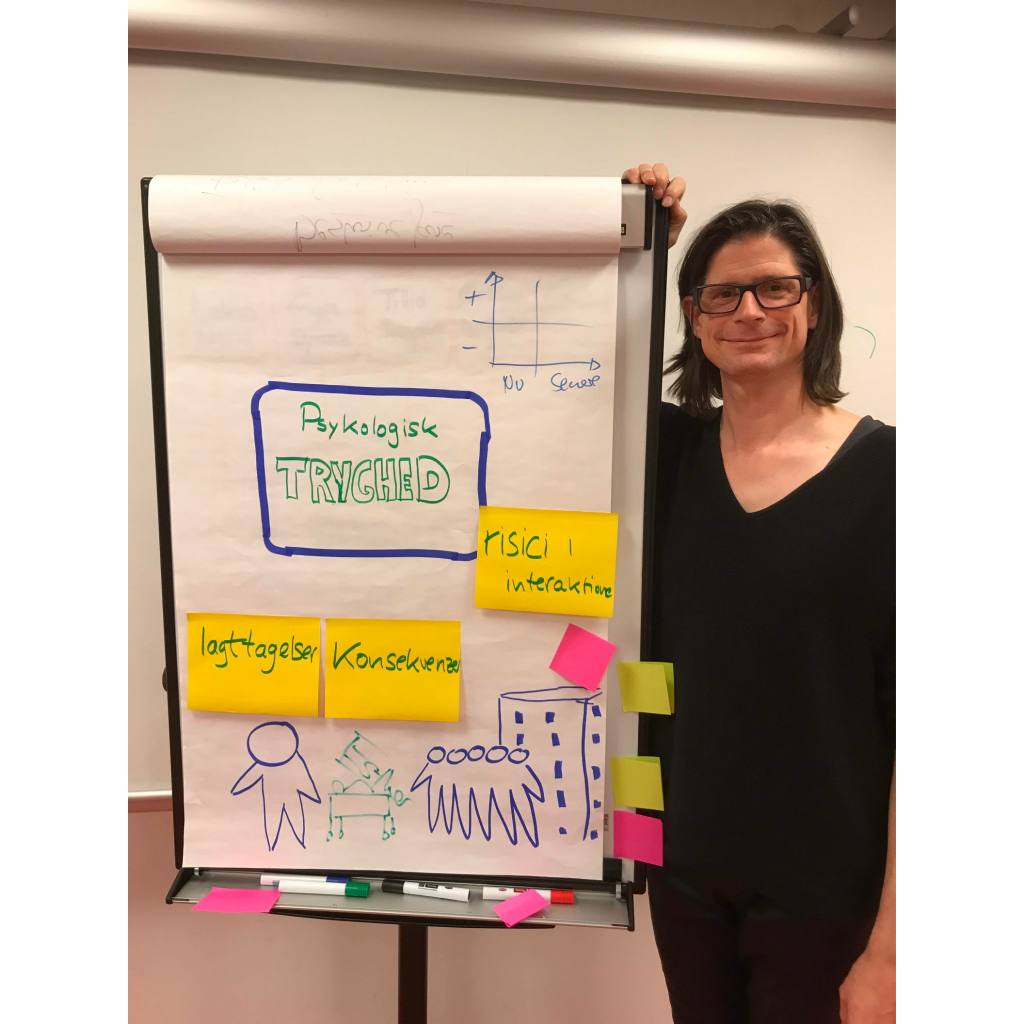
- SZ: Why do you always wear black?
Peter: Well, my friend – think of Popper. Maybe you simply never saw me in pink…but does that mean…never mind… I like black, as it is easy to combine (with more black), easy to shop, easy to pick. And, when one day the one and only Prof. David Gaba entered a conference room, big smile, all in black, saying (please make up his far carrying voice in your head): “Höh – I dressed like Peter today” – I knew this is a trademark not to change.
- SZ: Wow, now we all understand, of course. And what is something no one knows about you?
Peter: Oh, what to pick now…let me answer that with a game that we sometimes play (after all, this is an educational interview, right? So maybe, people want to take that game with them – it is great). Ask all around the table to tell three stories. Two need to be true, one is a lie. People can ask questions to figure out which one is the lie. I guess, telling my stories here will be a bit of a cliff-hanger for the readers, but then again, we have something to talk about, when we’ll meet one day:
Story 1: I can do the Eskimo role in a Sea Kayak.
Story 2: I can fly a Paraglider.
Story 3: I killed about one tonne of Cod with my own hands.
+ 1. SZ: You recently talked as keynote speaker at IMSH in Los Angeles. One of the few Europeans to achieve this result. Why do you think the organizing committee invited you and not others? This is a zine question, sorry 😉
Peter: I think they invited me because of what I said about my curiosity around simulation. I like to ask questions about foundations, I think I have found language that people can relate to, and I think I am not bad at balancing theory of some complexity and making it very practical. And, I look good on a stage, because I wear black ☺
SZ: Thanks Peter, for sharing your thoughts with us. Ciao



